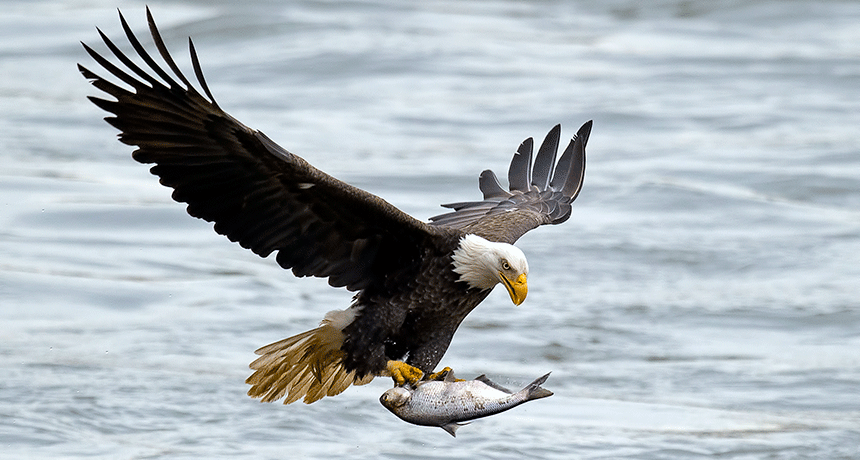dinosaur A term that means terrible lizard. These ancient reptiles lived from about 250 million years ago to roughly 65 million years ago. All descended from egg-laying reptiles known as archosaurs. Their descendants eventually split into two lines. For many decades, they have been distinguished by their hips. The lizard-hipped line are believed to have led to the saurichians, such as two-footed theropods like T. rex and the lumbering four-footed Apatosaurus (once known as brontosaurus). A second line of so-called bird-hipped, or ornithischian dinosaurs, appears to have led to a widely differing group of animals that included the stegosaurs and duckbilled dinosaurs. But a new 2017 analysis now calls into question that characterization of relatedness based on hip shape.
ecology A branch of biology that deals with the relations of organisms to one another and to their physical surroundings. A scientist who works in this field is called an ecologist.
environment The sum of all of the things that exist around some organism or the process and the condition those things create. Environment may refer to the weather and ecosystem in which some animal lives, or, perhaps, the temperature and humidity (or even the placement of things in the vicinity of an item of interest).
extinction The permanent loss of a species, family or larger group of organisms.
forest An area of land covered mostly with trees and other woody plants.
host (in biology and medicine) The organism (or environment) in which some other thing resides. Humans may be a temporary host for food-poisoning germs or other infective agents.
niche A small or narrow pocket that sets something apart, or perhaps offers a region of protection. (In ecology) The role that an organism plays in its community.
organism Any living thing, from elephants and plants to bacteria and other types of single-celled life.
parasite An organism that gets benefits from another species, called a host, but doesn’t provide that host any benefits. Classic examples of parasites include ticks, fleas and tapeworms.
predator (adjective: predatory) A creature that preys on other animals for most or all of its food.
prey (n.) Animal species eaten by others. (v.) To attack and eat another species.

